CALGARY, Alberta – Canadian Pacific CEO Keith Creel sought to reassure investors that the railway is well positioned to weather the economic downturn related to the coronavirus epidemic despite an anticipated decline in traffic and revenue.
“This company is weathering the storm, and weathering the storm quite well,” Creel said during an investor call on Tuesday morning.
The railroad expects demand for several traffic segments — including domestic intermodal and automotive — to fall and then bounce back once steps taken to slow the spread of COVID-19 are lifted.
The big question, Chief Financial Officer Nadeem Velani says, is whether a global recession is short or prolonged.
“There’s a lot of uncertainty … a lot of guesswork still going on,” Creel says, and it’s unclear whether the economic disruption caused by the pandemic will last two months, three months, six months or even longer.
CP anticipates laying off 250 people in the next month, or about 2% of its work force, as traffic declines, the executives said.
But Creel said CP wants to be ready for a quick rebound in traffic and is talking with rail labor about ways to retain people for as long as possible and then speed up the process for recalling furloughed employees.
Creel, who was chief operating officer at Canadian National during the Great Recession of 2008-09, says CP will respond the same way CN did to the financial crisis: Reduce its resources in line with demand, then bounce back. “We did it before and we’ll do it again,” he says.
CP is not immune to anticipated traffic declines as manufacturing slows and unemployment reduces consumer spending, the executives say. But Creel says CP is somewhat insulated by its bulk network of grain, potash, and coal traffic, which account for 41% of its revenue, a higher total than the other Class I systems.
Canadian crude oil has taken a hit from the collapse of global oil prices due to the Saudi-Russian price war and reduced demand. CP’s crude oil train volumes will fall to 33 to 40 trains per month or less, down from a peak of 100 to 120 trains per month, Creel says.
CP didn’t stake its future on crude oil, Creel says, and the decline in oil traffic will be softened by contracts that include take-or-pay volume commitments.
BMO Capital Markets analyst Fadi Chamoun, who hosted the call, noted that an extended period of low oil prices could wind up hurting other energy-related traffic in Canada, such as chemicals and plastics that have driven carload growth.
“I agree,” Creel says. “The tentacles go out to a lot of different locations. So it’s going to be a drag.”
CP has a strong balance sheet, expects to continue to lead the industry in growth once the economy rebounds, has a “battle tested” management team, and will use its Precision Scheduled Railroading operating model to pull cost levers in real time, Creel says.





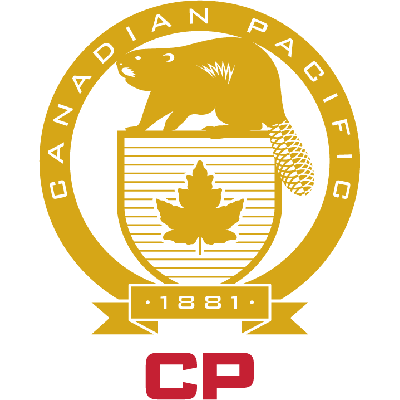

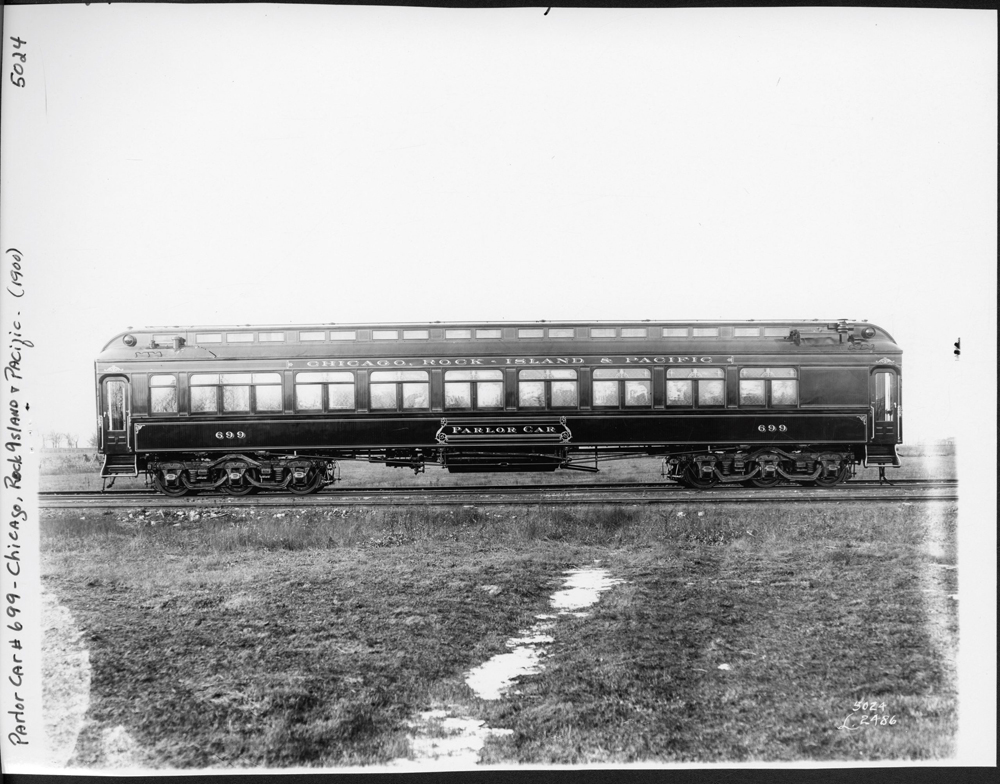
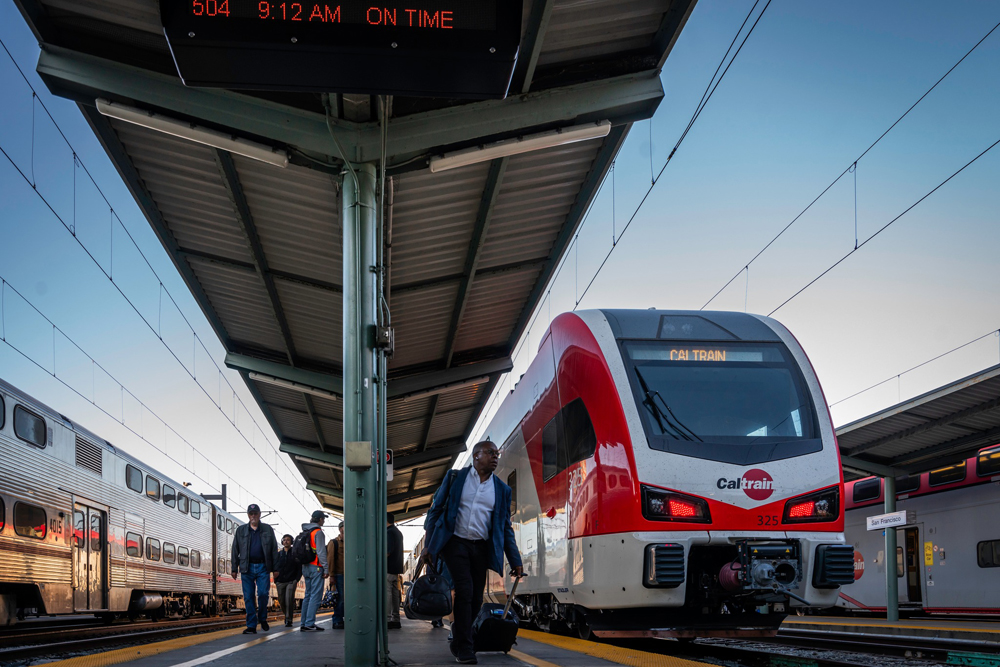
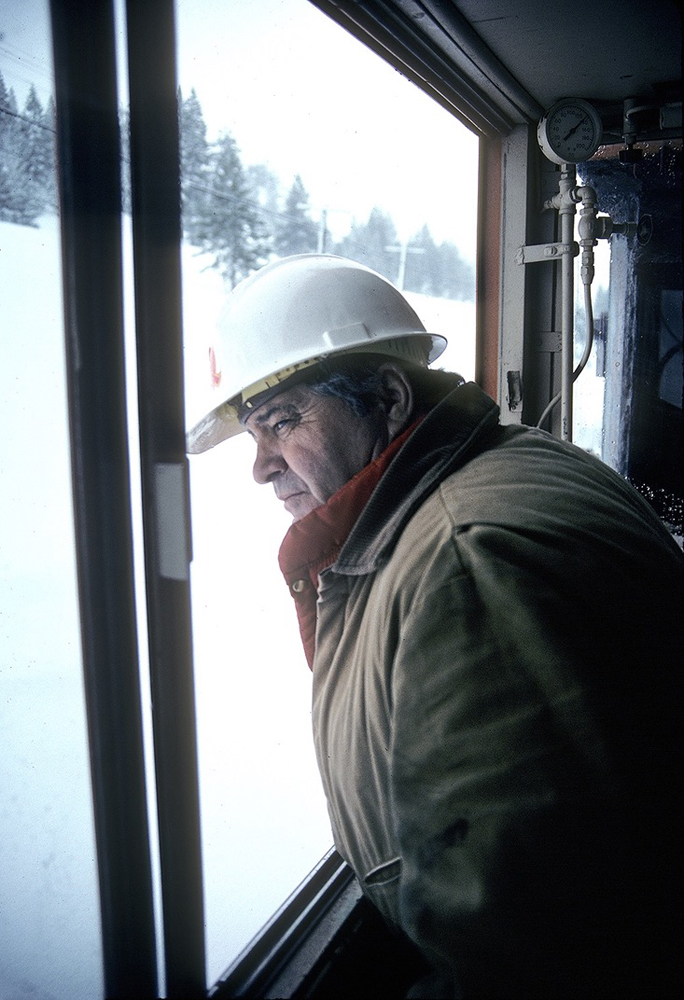
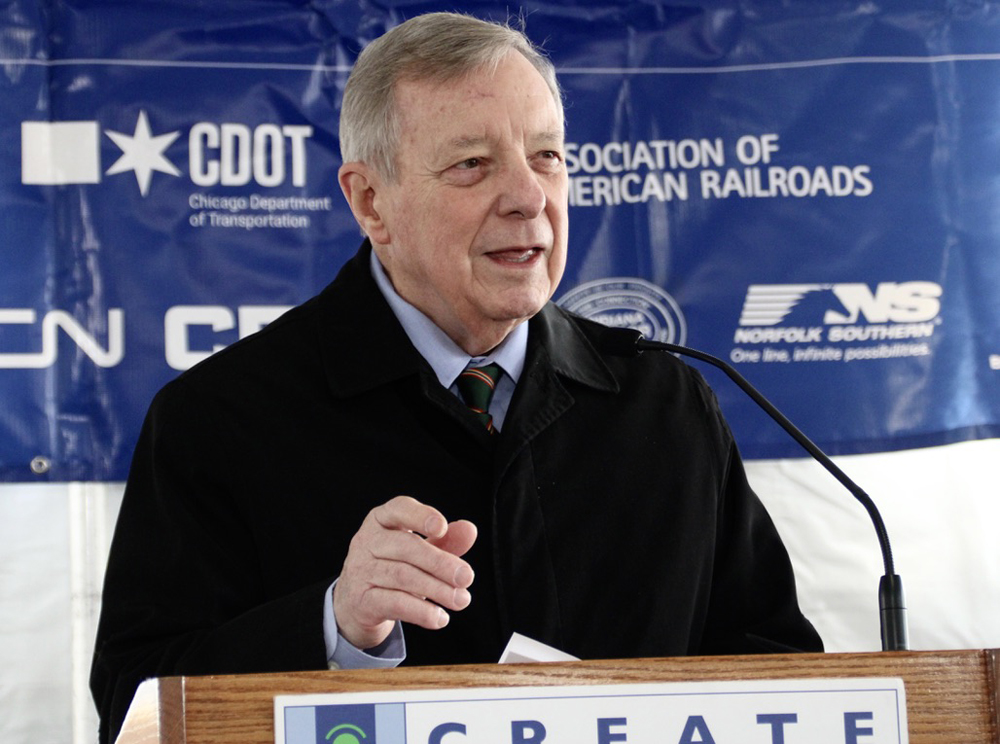
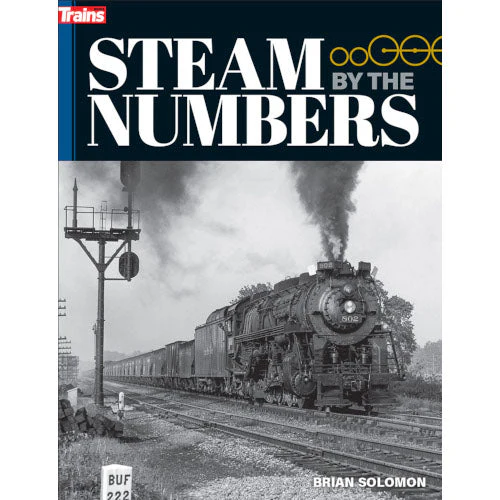


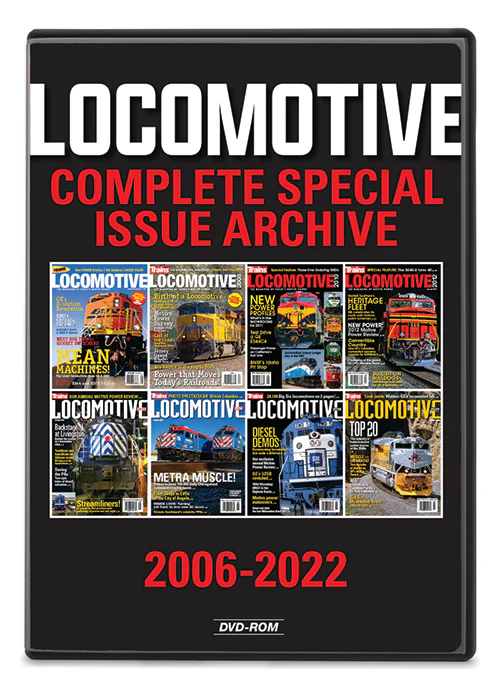
FoMoCo mortgaged its way out of the Great Recession. According to both newspapers, Detroit News and the Free Press, Ford is in deep trouble. JOHN RICE – it may be poor product planning as you say but it’s also cash.
I’ll say something that no one else will say – not the Detroit News, not the Freep, and certainly not anyone else besides me in the railfan community. Here’s what I have to say: the ill-conceived plan to rehab Michigan Central Station will bankrupt the company.
Wouldn’t it be ironic if Mopar, Detroit’s perpetual poor man and in the past mismanaged and often a maker of third-rate cars, emerges as one leg of a global powerhouse. While Ford goes under holding the deed to an enormous train station which is a liability, not an asset, at this point looking like the family’s football team.
That precious story of Walter P. Chrysler driving from Highland Park to Dearborn to give Edsel Ford a Plymouth – here Edsel, take this – better than anything you have !!! – might be replaying itself.
Lost in history is that for a time after Edsel’s death and before his son Henry Ford II straightened things out, Ford not Chrysler was in Detroit’s basement. In the postwar years Chrysler had promising designs while Ford was selling updated Model T’s. Could happen again.
@Curtis Larson: Fomoco avoided TARP because they took advantage of the easy financing just before the collapse. They essentially mortgaged the entire company including the Ford logo. This was how they avoided BK.
They basically got approved for a massive credit card which carried them over until things sorted out.
As opposed to GM and Chrysler who were forced to right size themselves by either divesting (GM) or merging (Chrysler) with Fiat, now with PSA.(Peugeot)
Ford rolled the dice Vegas style. GM took the less risky road.
Ford has some other issues right now and it isn’t cash. It’s poor product planning and assembly issues. Quality is currently not Job 1 at the moment.
Some companies, FOMOCO among them, have since the great recession adopted a corporate policy of having a piggy bank to use next time. In Ford’s case, remember, it was the only member of the big 3 to refuse TARP, etc. aid. Remember the howls of outrage when GM went to the brink and was saved. Currently, Ford has over $50 billion in cash and credit line. And the cash poor airlines going hat-in-hand?? Admittedly a poor metaphor, but St Matthew’s description of a great judgement between those whose behavior is found acceptable and those not, i.e., the sheep and the goats, is apt.
Soon Creel will come hat-in-hand to government, asking for a bailout. All that money spent on share buybacks has now gone up in smoke and he still has to pay those bonds off…
But Keith sleeps easy, his net worth tens, if not hundreds, of millions of dollars. He was the highest paid executive in Calgary — and that is the oil capital of Canada.
Maybe in the next life there will be justice for these asset-strippers.